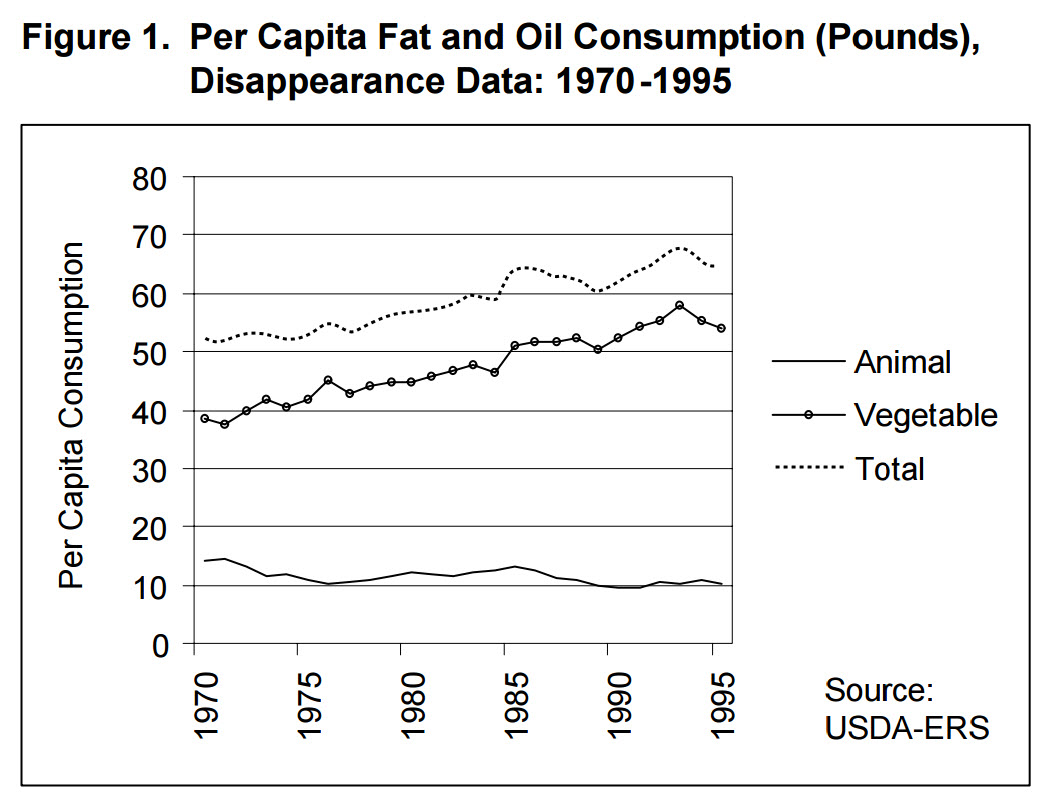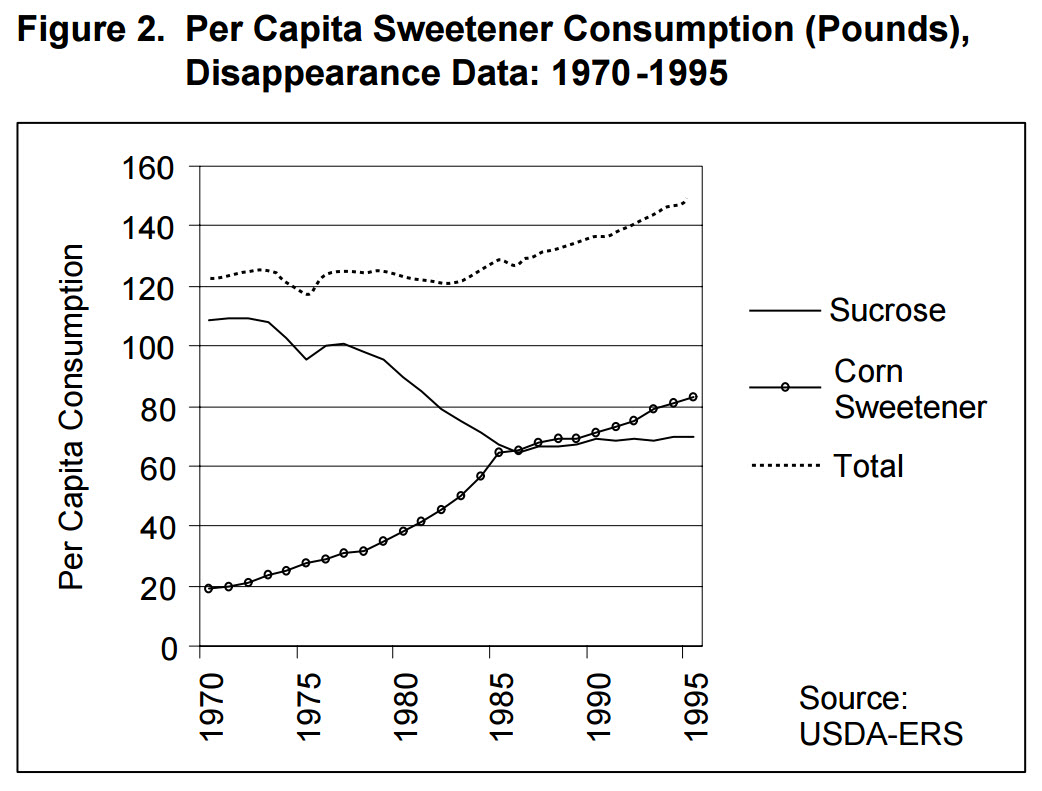Overview
Naturopathic medicine is best applied to the prevention of heart attacks - during a heart attack it is best to dial 911 and then administer CPR (Cardio-Pulmonary Resuscitation), preferably with the assistance of an AED (Automated Electronic Defilibrator).
Prevention of heart attacks generally focuses on reducing or controlling triggering events and risk factors such as:
- Inadequate supply of oxygenated blood to the heart
- Fluid or electrolyte imbalances
- Arrhythmias due to changes in electrical conduction of the heart tissue
- Certain drug overdoses
-
Dyslipidemia,
which is thought to lead to the formation of calcified plaques in the coronary arteries
(atherosclerosis)
- Inflammation, which is marked by elevated levels of C-reactive protein (CRP). While conventional medicine focuses mainly on correcting dyslipidemia, it appears that CRP is a better predictor of future heart attacks than is bad cholesterol (Low-Density Lipoprotein Cholesterol, LDL-cholesterol) [Starr2005, pg 37].
-
Hypertension
- Diabetes (Type I and Type II)
- Tobacco smoking
- Obesity
- Physical inactivity
Results published from the large Framingham Study, which is still ongoing, have led to the development of actuarial data that allows predicting the risk of a future heart attack for specific patient populations, as well as data the effectiveness of various treatments in reducing risk.
The conventional approach to reducing atherosclerosis is primarily by controlling dyslipidemia through the use of statin drugs. This approach has been criticized on the basis that statin drugs may cause liver problems, and suppress the production of essential cofactors such as CoQ-10 (ubiquinone) and hormones such as cortisol, estrogen, and testosterone. Nonetheless, studies such as the Framingham Study have demonstrated that, on average, patients treated with statin drugs have fewer adverse cardiac events than untreated patients. However, most studies show little or no benefit in reducing "all-cause mortality," perhaps because statin drugs may produce a countering increase in other causes of death, such as cancer.
Naturopathic medicine uses several other approaches, including supplementation with omega-3 essential fatty acids and hormonal balancing, with special attention to thyroid hormones.
Studies paralleling the Framingham study have shown that correcting hypothyroidism is effective in reducing the risk of heart attack. In a study of 1,569 patients spanning 22 years, it was found that the total number of heart attacks observed in the study patient population was 4, compared with a total of 72 predicted by the Framingham risk calculation for that same population. The only medical intervention used in this study was treatment of hypothyroidism [Starr2005, pg 34], [Barnes1972], [Barnes1976], [Barnes1976a].
Please see conventional, complimentary and alternative medical treatments for important background information regarding the different types of medical treatments discussed on this page. Naturopathic, Complimentary and Alternative treatments that may be considered include:


